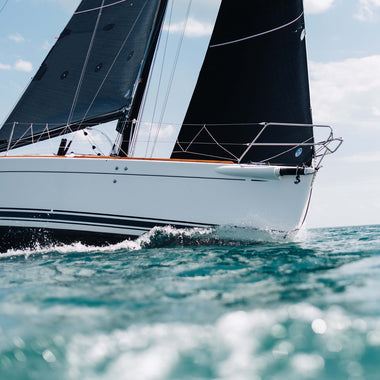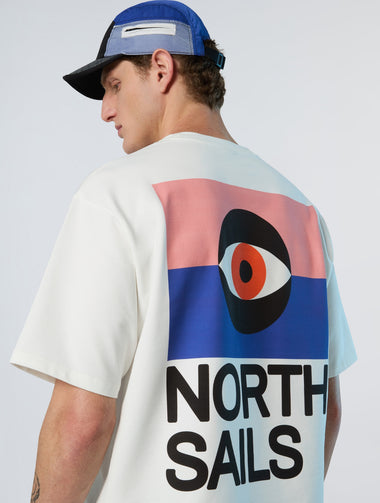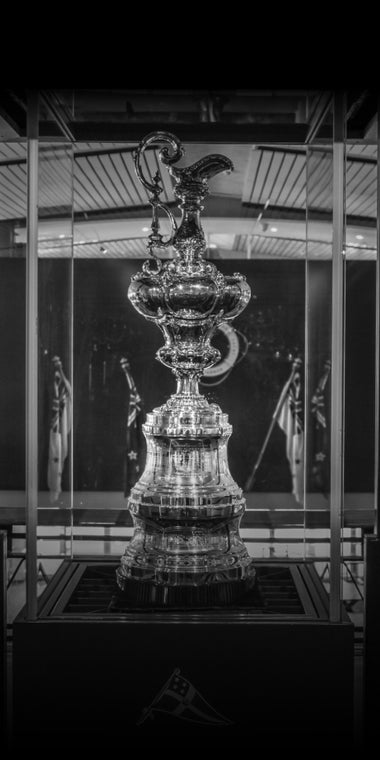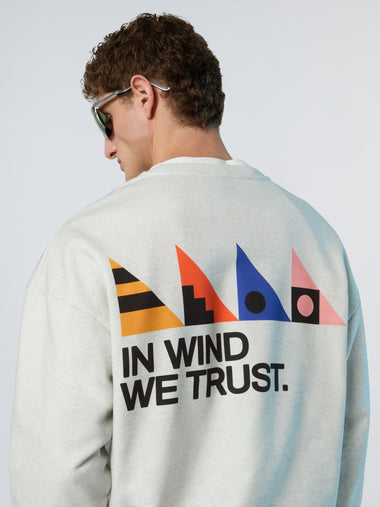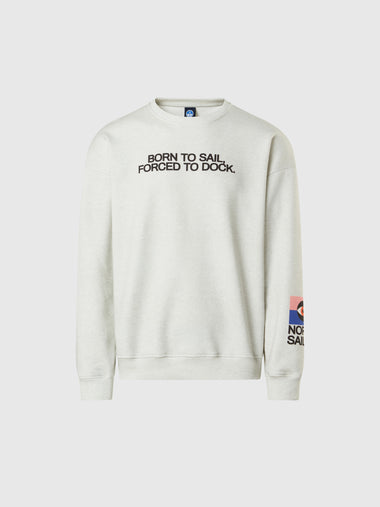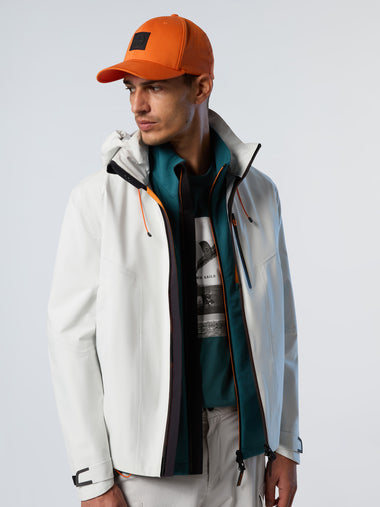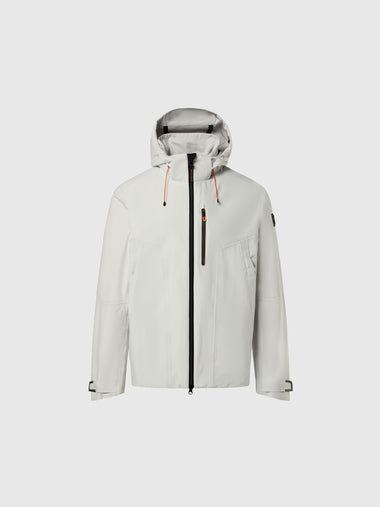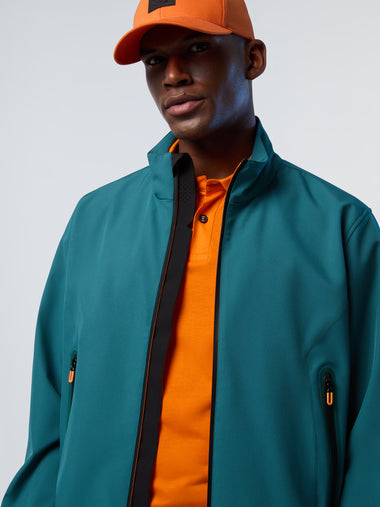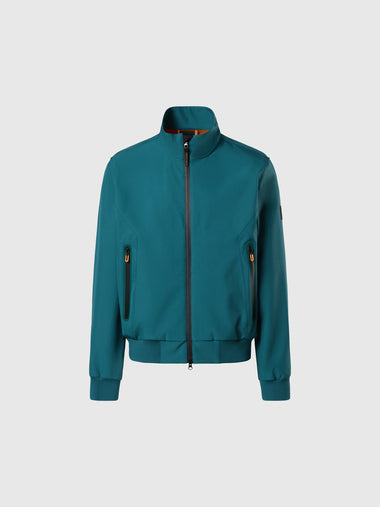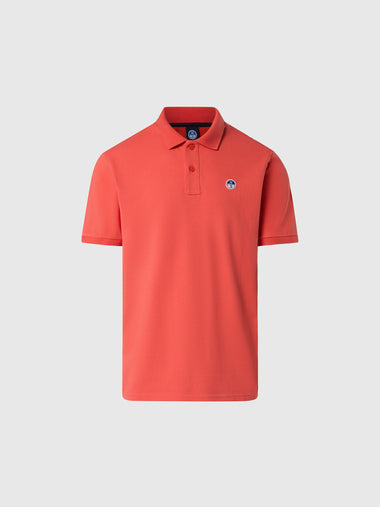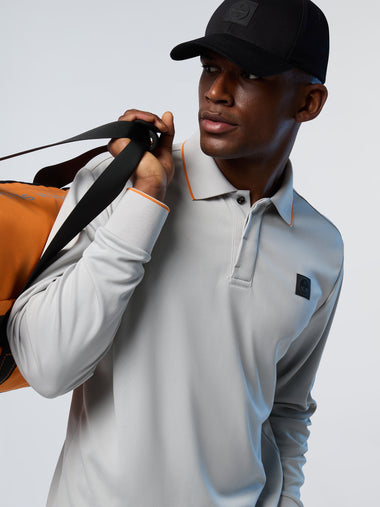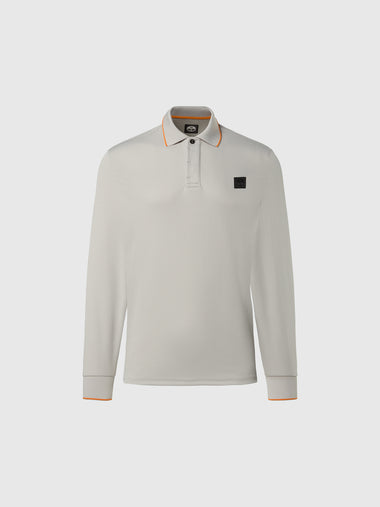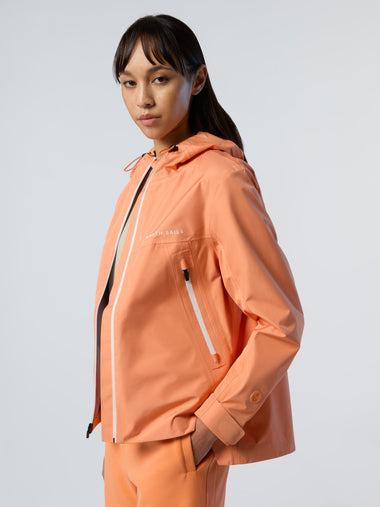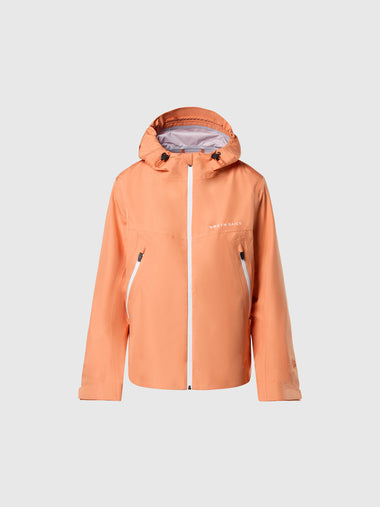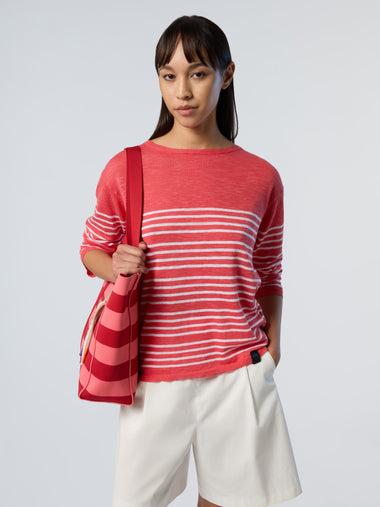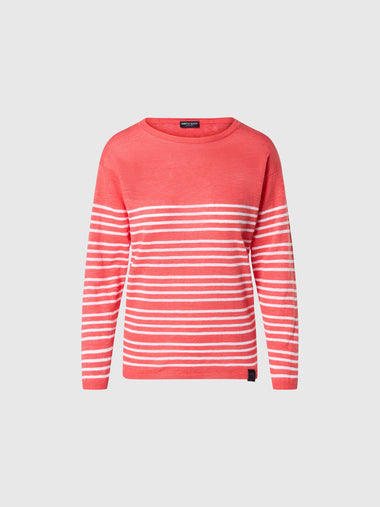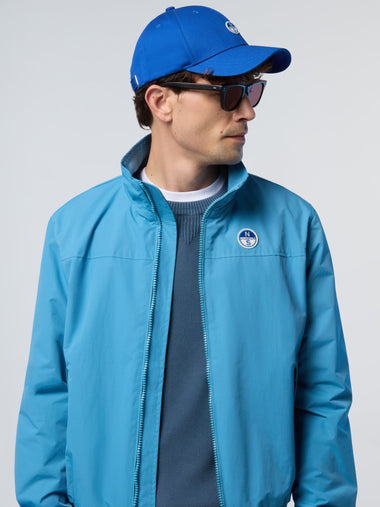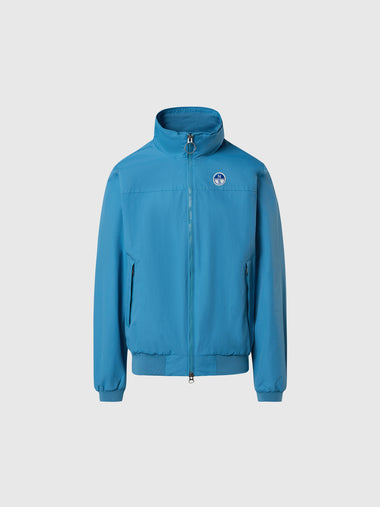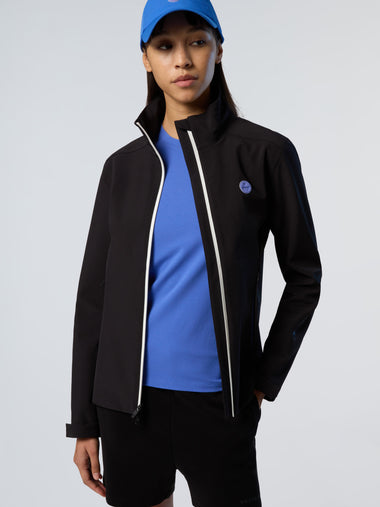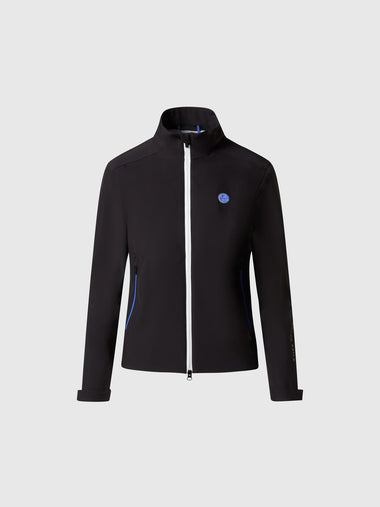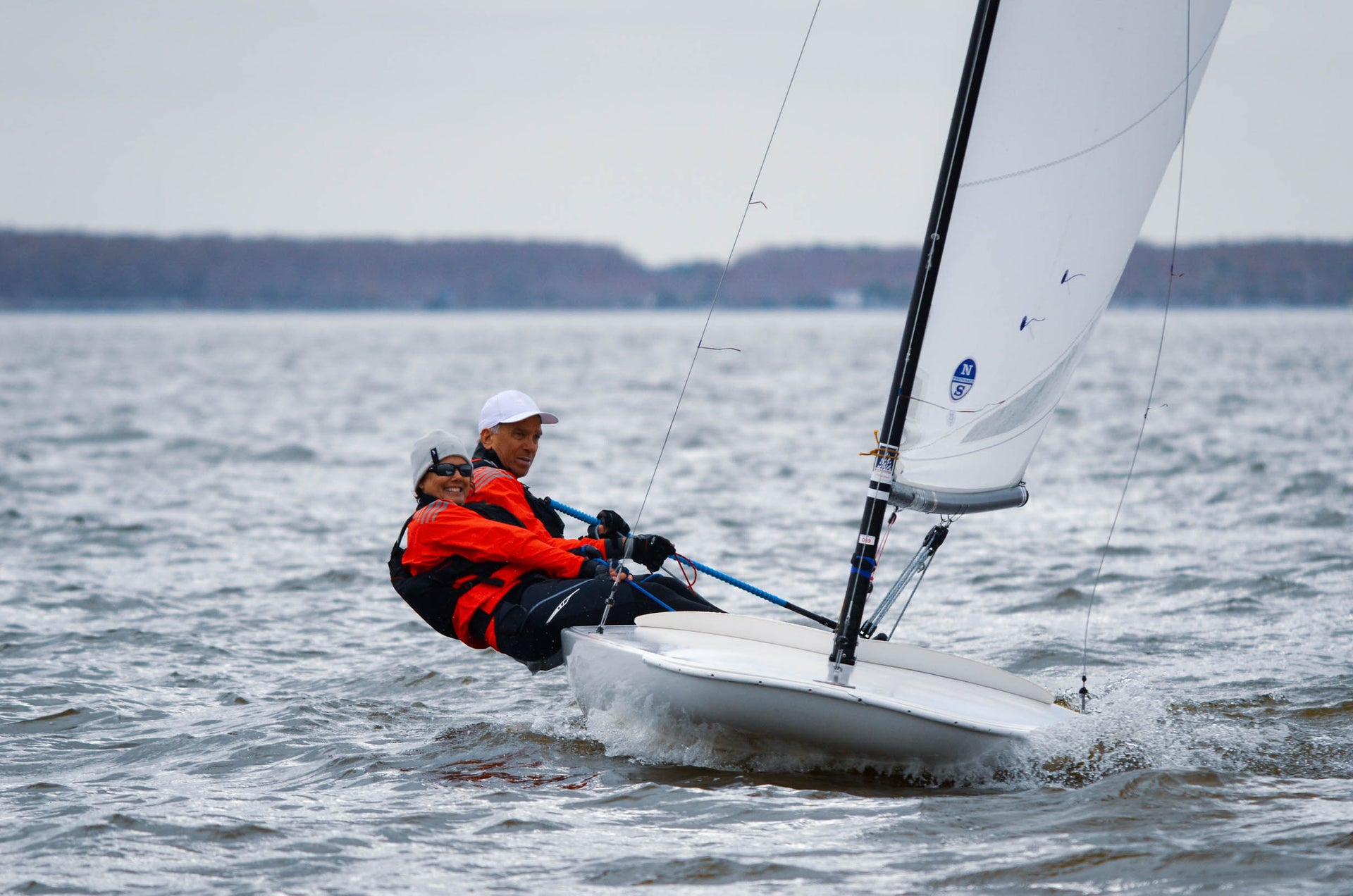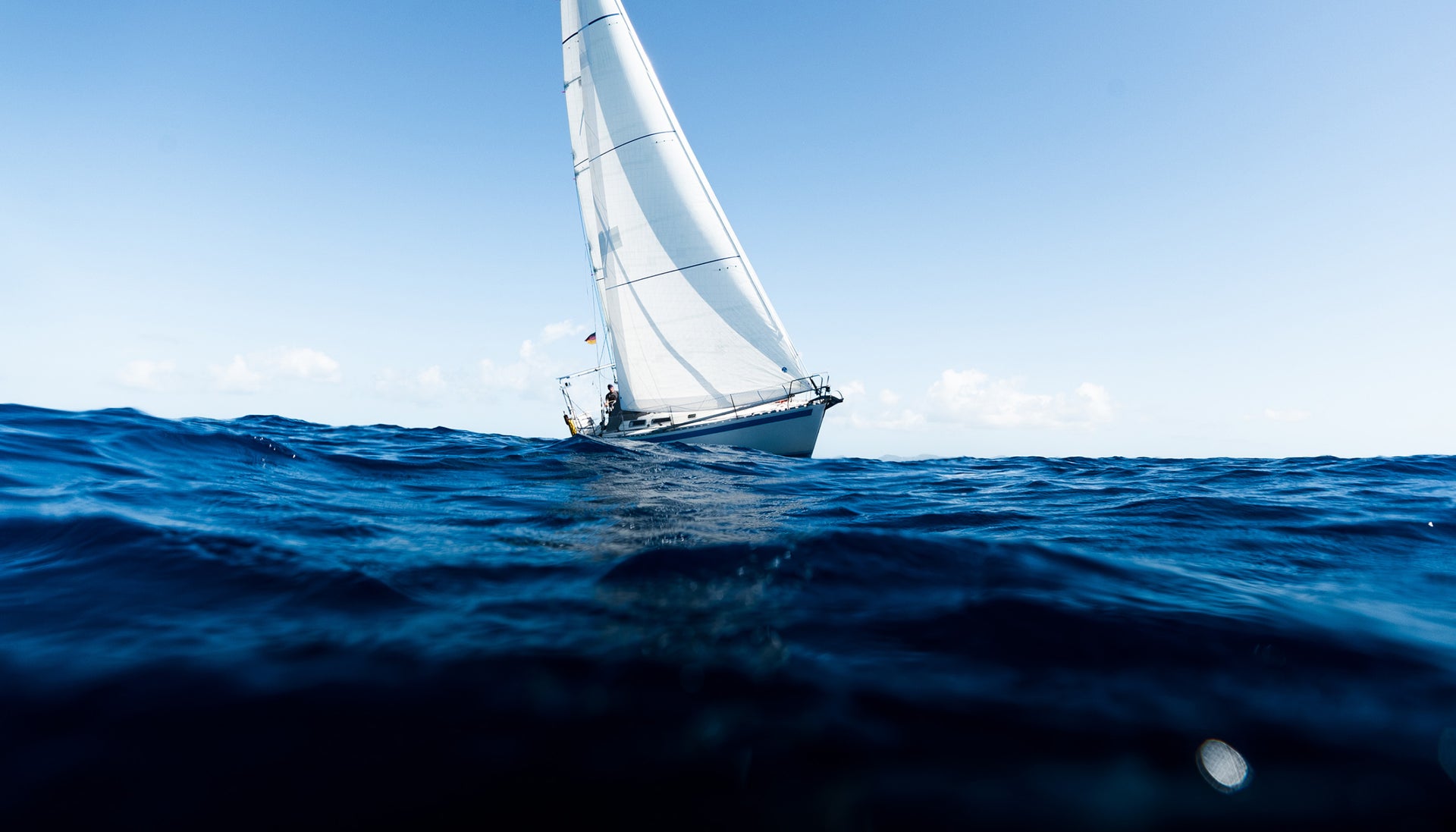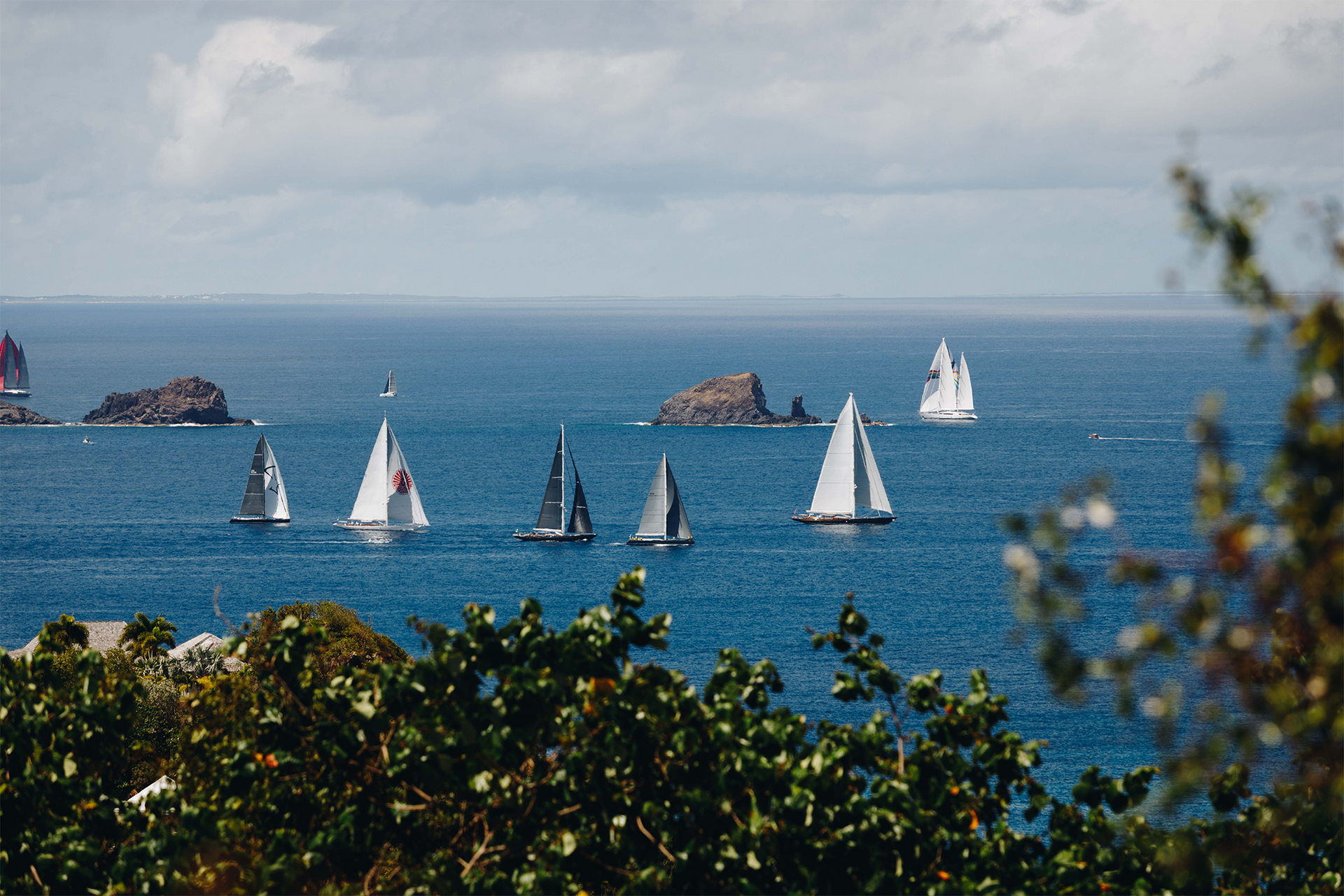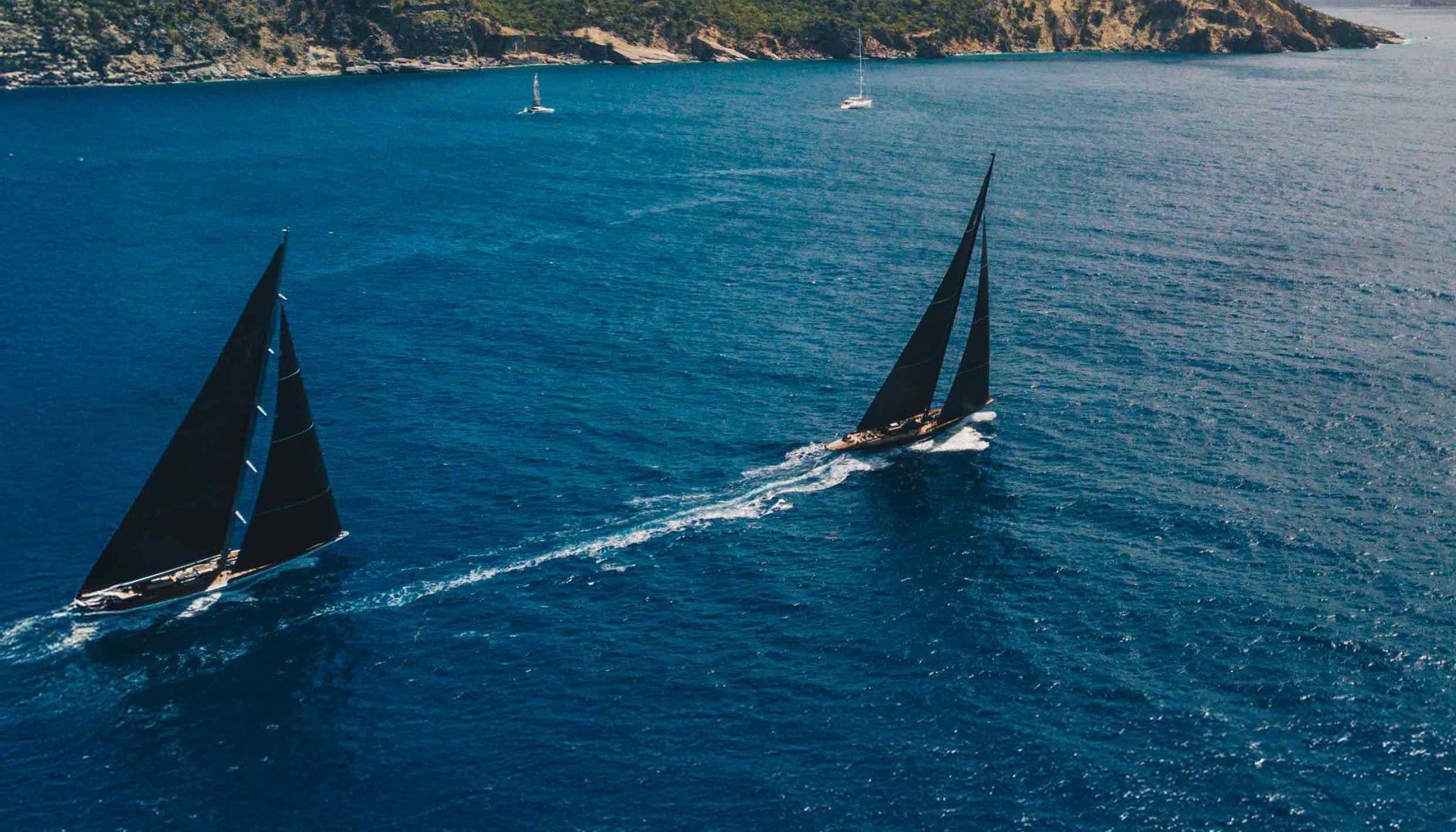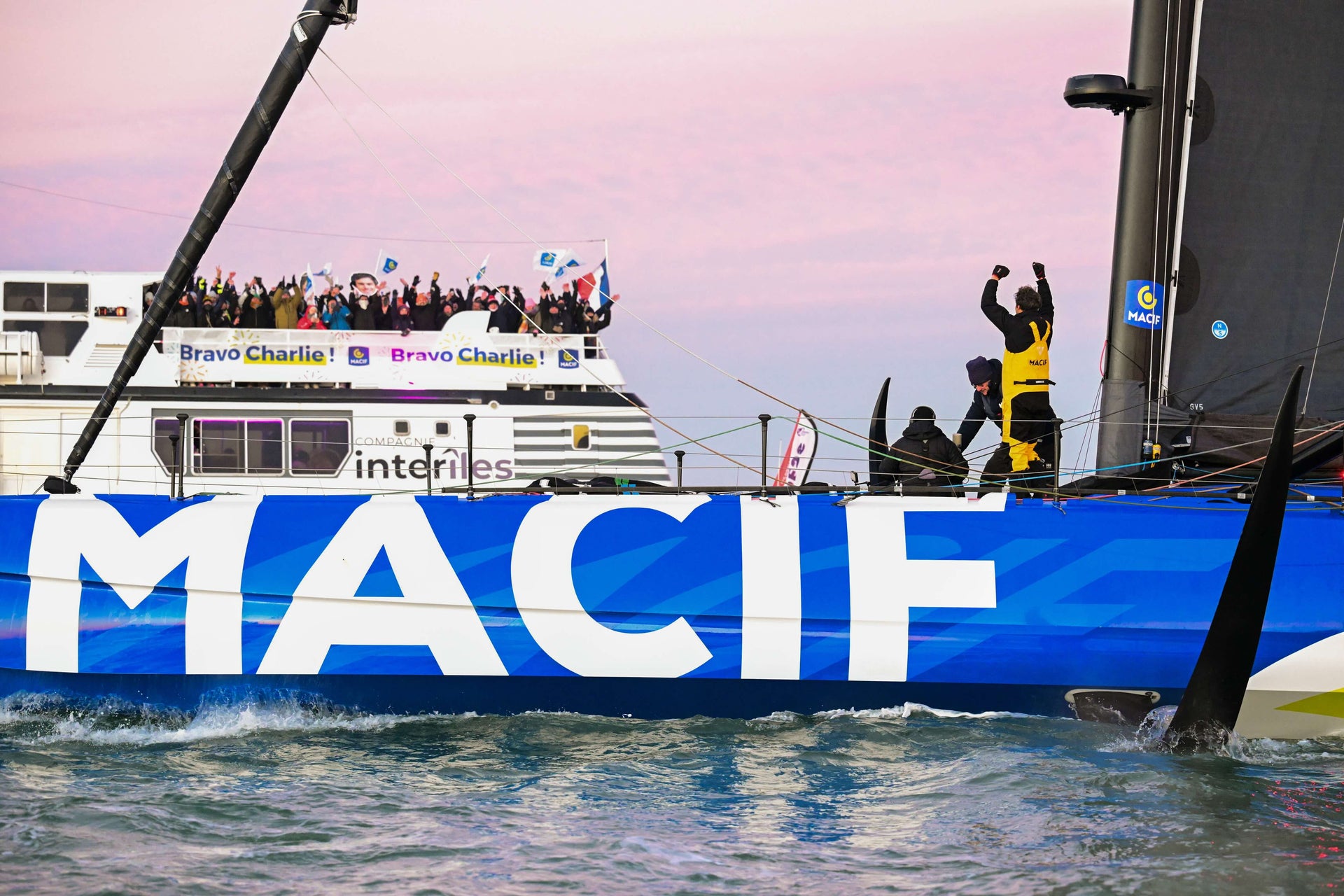#NSVICTORYLIST: MC SCOW MASTERS
#NSVICTORYLIST: MC SCOW MASTERS
Q & A With Overall Winner, Matt Fisher

We spoke to 2020 MC Scow Masters Champion, Matt Fisher, to get the full download what has helped him raise the bar to be even more competitive in the MC Scow fleet.
NS: Where and when did it all start for you?
Matt: I have been sailing MC Scows for 12 years out of Hoover Sailing Club, Fleet 54. We have about 25 boats in the fleet and get about 10-15 on the line every Wednesday and Friday. It is a tenacious fleet. I sailed quite a bit this summer and am in 4th place in local fleet standings. I grew up at Buckeye Lake YC about 30 miles east of Columbus, sailing the Lightning and Thistle. We moved to Hoover about 35 years ago.
NS: How did you prepare for the MC Masters under the current sailing conditions?
Matt: Hoover Sailing Club has been very active this summer. We have not had social activities at the club, but 2020 has been one of the healthiest years of participation that I can remember. Between sailing the MC Scow, the Laser, and crewing for my son Stu on the Thistle, I have sailed more in 2020 than I have since college. I sailed at least 35 races with the MC Scow fleet this summer and had a lot of time to practice. As I mentioned, we have a highly competitive fleet, and one of our fleet members, Ted Keller, is one of the top 2 or 3 in the class. He won the MC Scow Blue Chip five times and is considered one of the fastest MC sailors in the class. Ted and I did one-on-one tuning – or sometimes maybe 3 or 4 boats came out – 20 + times since April.
I am retired, so going out on a Tuesday morning when conditions are right was easy to organize. During our practices, we focused on straight-line speed, boat handling, gear changing, and more. I did this with Ted before the Nationals in 2014, where we gook 2n and 4th overall. We practiced last year before the 2019 Masters, where we placed 1st and 2nd overall. Ted is a great coach and has brought me along. I spent a lot of time in the boat this summer working on boat handling.
When comparing notes with other folks at the Master’s Nationals, this past week, a lot of fleets in the MC class had a strong year despite, or really because of COVID.
NS: You have used the Z- Max Sail for some time. Can you give us a few tips on set up and trim? And why do you prefer this model?
Matt: The Z – Max mainsail is the only sail I have used since I have been sailing MCs. I follow the North Sails tuning guide and have been much more conscious of knowing the tune numbers than in previous years. The week before the regatta, we knew we would get some big breeze at Clear Lake. We had a light day Friday and two medium to heavy days Saturday and Sunday. I tightened the forestay on Friday night a few turns. The Z-Max is easy to use, but if I have any issues, its because I am over trimming. I am getting better at using the telltale in reference to the top batten, which has helped a ton.
NS: You started off the regatta with a 1-1 on Friday. You must have been fast. What can you tell us about this?
Matt: Going from Thistles and Lightnings to an MC Scow has always been a big adjustment for me, and I think it is more challenging to make a new boat go well in lighter air than in a breeze. I have always been impressed with people like Allan Terhune, my brother Greg, and Skip Dieball, who would go to three different class midwinters three weeks in a row. Most of the tuning that Ted and I did was in lighter wind speeds, under 10 knots. Most of our club races were in light air also.
With a scow, keeping a constant angle of heel and having the ability to change gears quickly is the key to having the best speed in the softer conditions. Keeping the boat going through the lulls and making the 2-3 adjustments to weight and trim make a huge difference. On Friday, I was able to get good starts and clear lanes so I could go where I wanted. The conditions changed drastically, from blowing about 10-12 in the morning on Friday to less than 5 knots by the end of the second race. We went from sailing the shifts to sailing for pressure and were able to keep the boat moving. I was very fortunate and borderline lucky on Friday to get off the line clean and then have a good lane on the first tack. But changing gears and staying in the breeze was essential for getting out in front of the fleet.
NS: When it’s windy, you sail with your wife, Lisa. It must be great to share the racing aspect with her. What does she do onboard to help in windier conditions?
Matt: That is one of the neat things about sailing scows. We can take on crew up until the 5-minute gun. I am in the “middleweight” category, and its an advantage to take on an additional crew with its blowing 12+. At the masters, it seemed like 80% of the boats took an additional crew on Saturday and Sunday. I think some of the big guys don’t like the rule, and I understand why. But it does help allow kids and spouses to sail. I like it when so many boats bring on an additional crew because everyone sails a similar lane.
I will say that Lisa and I only went out to practice a couple of times before the event, and it showed on Saturday. We weren’t quite as good at holding our lanes; I started trimming a little looser on Sunday, and we were going much better.
What is kind of funny is that now the only time that Lisa sails with me is when conditions are over 12mph. We sailed Snipes together for a long time and Lightnings and Thistles, so it’s very relatable. She is a great crew. Lisa also has the best, high-tech gear to keep her warm and dry, which is perfect because when it’s windy, it’s chilly, which is when I need her. It has made the Christmas season much easier to navigate too. A couple of years ago, I got her a drysuit. She tried it on and looked good in it. But she then realized she would only need it during cold and windy conditions. She sent it back because she didn’t want to sail in those conditions, but it has been fun to sail together, and it has allowed us both to get more involved in the class.
NS: What are your future MC Regattas on the schedule?
Matt: I am hoping that the Florida circuit will take place. There are three regattas at Lake Eustis, one in November, another in early February, and then the Midwinters. It is an excellent break from the winter months up north, and we have enjoyed being able to go south to sail regattas in February and March. We expect a crazy winter, so we have not made plans yet, but I hear that regattas will happen. We hope to go, but I will admit we are more on the cautious side of COVID.
Looking for race-winning sails? You can now order directly from your North Sails expert. Call or email us today for the same quality, consistency, and expertise. We look forward to helping you make the most of your next event.
